SOLID OXIDE FORUM
Solid Oxide Forum Presenters
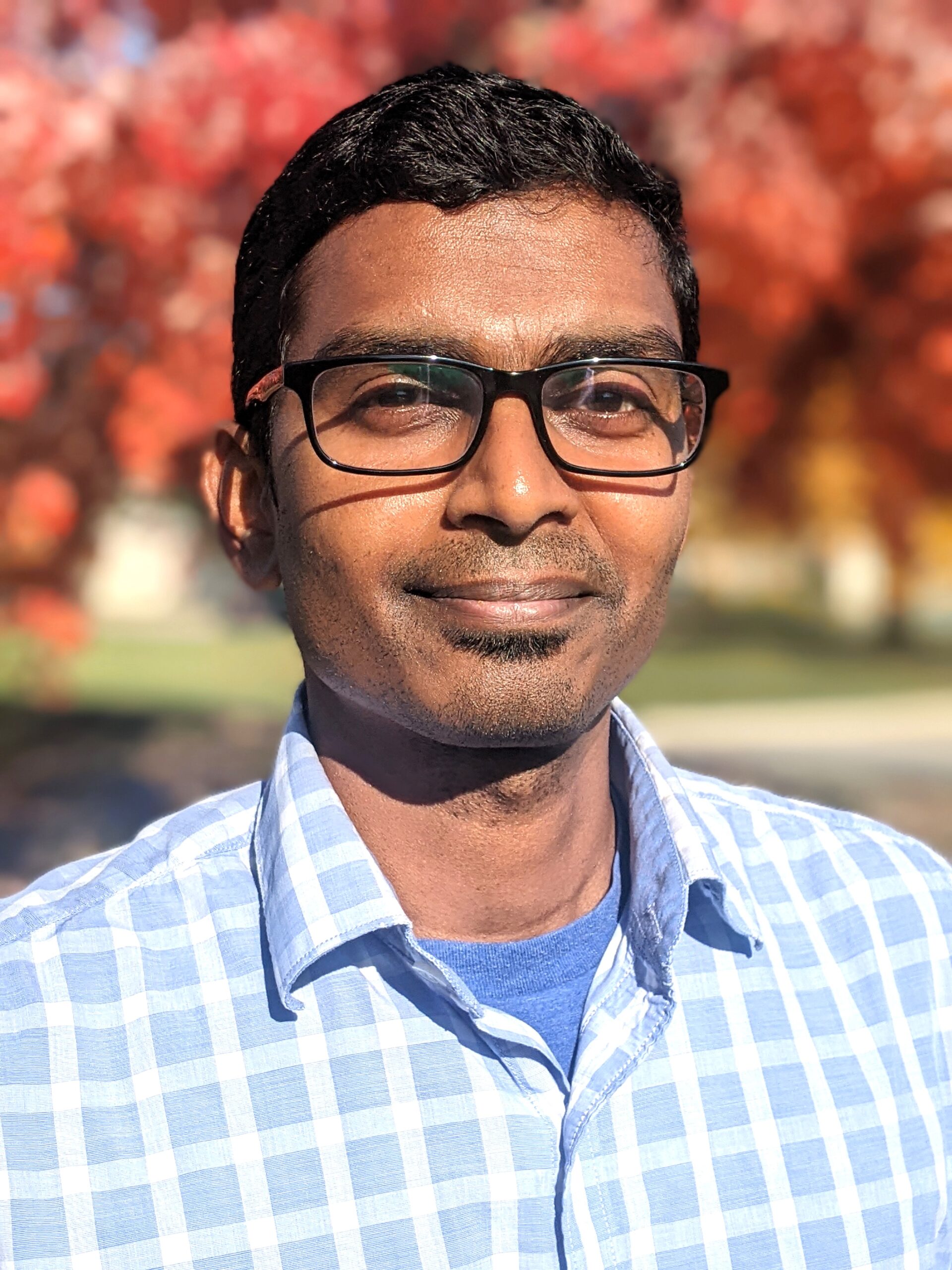
Kiran Adepalli, PhD
Senior Program Manager, Nexceris
Presentation: Recent progress and updates on Nexceris Solid Oxide Technologies
Biography: Kiran brings more than 16 years of experience in diverse materials technologies related to energy, fuel cell, electrolysis, batteries, electronic packaging, memristors, sensors and HPHT technologies such as superabrasive materials. He holds a PhD in Advanced Materials from Max Planck Institute, Germany and a post doctorate from Massachusetts Institute of Technology (MIT), USA. In his current role, as senior program manager at Nexceris, he leads materials research and development, stack commercialization for solid oxide fuel cell and electrolysis technologies.
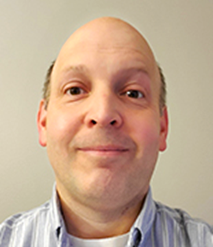
Harry Abernathy, Ph.D.
Materials Scientist and Task Lead, High-Temperature Electrolysis—Modeling
National Energy Technology Laboratory (NETL)
Presentation: SOC research and development at NETL
Harry Abernathy is the head of high temperature fuel cell and electrolysis research at the National Energy Technology Laboratory in Morgantown, WV and has over 50 publications on studying solid oxide cell materials and cell degradation. He has been a materials scientist at NETL since 2008. He received his Ph.D. in materials science and engineering (MSE) from Georgia Tech in 2008 and his bachelors in MSE from Virginia Tech in 1998.
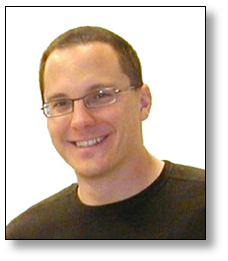
Dr. Jason Nicholas
Associate Professor - Chemical Engineering and Materials Science (ChEMS) in the College of Engineering
Michigan State University
Presentation: Comparison of Several Silver-Based Braze Formulations for Use in SOFC or RSOC Environments
Dr. Jason D. Nicholas is an Associate Professor in the Chemical Engineering and Materials Science Department at Michigan State University (MSU). His group is dedicated to developing new and improved materials, processing routes, characterization techniques, and devices to better understand and preserve the Earth. Presently his group focused on a) high-performance SOC electrodes, b) mechano-electro-chemical coupling in electro-chemically active solids, c) SOC seals/circuits/current collectors, and d) thin films for geologic and technological applications. He earned a B.S. in Geoscience, with Honors, from Franklin & Marshall College in 2000, a M.S. in Materials Science and Engineering from the University of Illinois Urbana-Champaign in 2003, and a Ph.D. in Materials Science and Engineering from the University of California Berkeley in 2007. After a PostDoc position at Northwestern University, he joined the faculty at MSU in 2010. His innovative teaching and research have earned him a MSU Withrow Teaching Award and a National Science Foundation (NSF) CAREER Award. Jason also served as the lead organizer for a NSF-sponsored “Solid Oxide Fuel Cells Promise, Progress, and Priorities” workshop, the inaugural organizer of the annual MSU Girl Scout Science, Technology, Engineering, and Math (STEM) Demo Day, and the guest editor for a Journal of the Electrochemical Society Focus Issue on Mechano-Electro-Chemical Coupling. Updates on his work can be found at: https://www.egr.msu.edu/nicholasgroup/
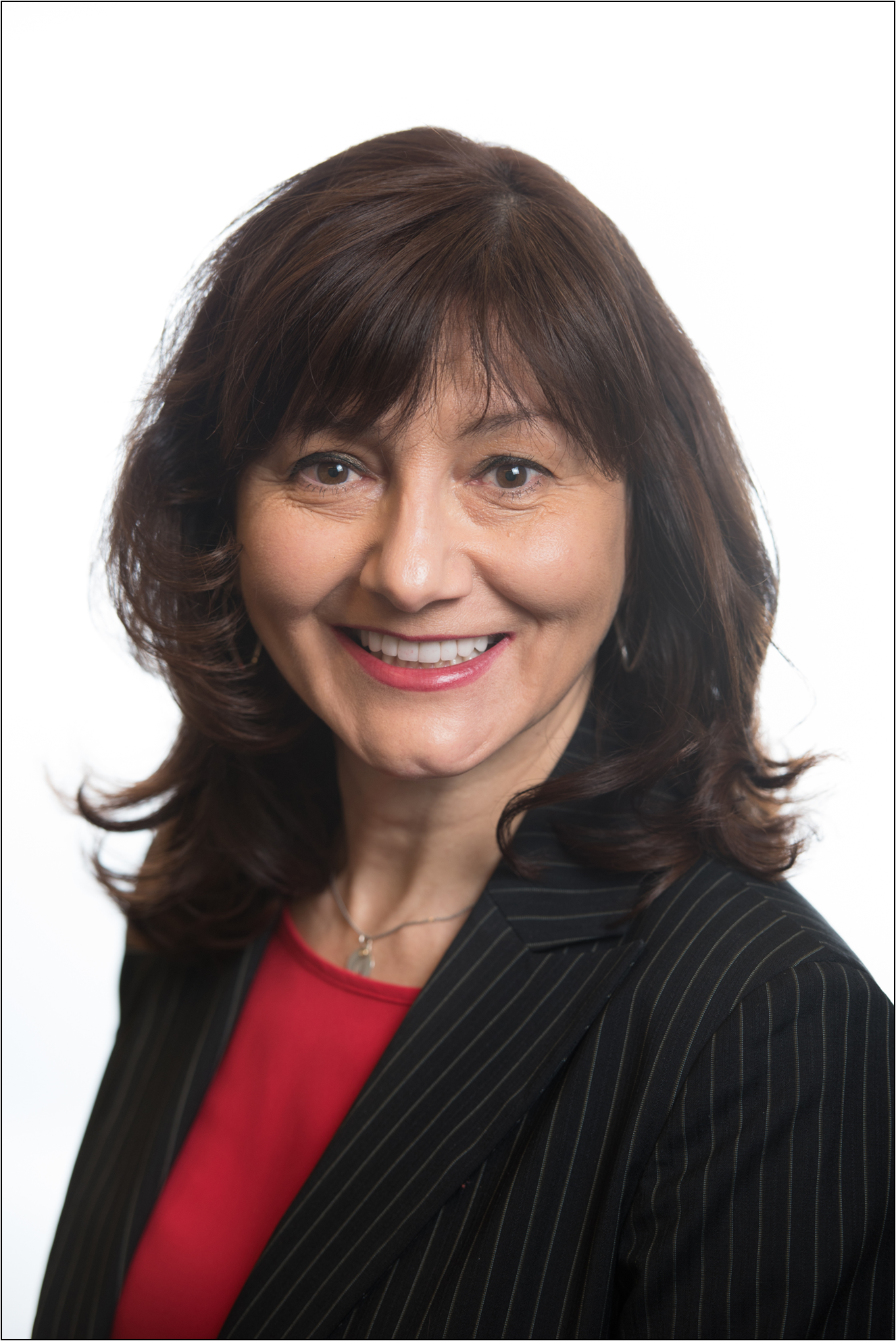
Dr. Olga Marina
Chief Scientist - Pacific Northwest National Laboratory (PNNL)
Presentation: Understanding Long Term Durability of Solid Oxide Cells Using Accelerated Stress Testing
Dr. Olga Marina is a chief scientist at the Pacific Northwest National Laboratory. Her current research projects focus on the advancement of high temperature steam electrolysis for hydrogen generation, from fundamental studies of electrochemical reactions and degradation mechanisms to the design, manufacturing, testing, and benchmarking of solid oxide cells and stacks. She is the deputy director for high temperature electrolysis within the Department of Energy's H2NEW consortium, a collaboration among national laboratories and industry to improve electrolyzer efficiency, durability, and cost. She is the U.S. member representing the Generation IV International Forum VHTR Hydrogen Production Project Management Board. Recently, Dr. Marina joined the board of the International Society for Solid State Ionics. She also serves on the editorial board of the Journal of the Electrochemical Society. In 2021, Dr. Marina received an R&D Award at the Department of Energy HFTO Annual Merit Review.
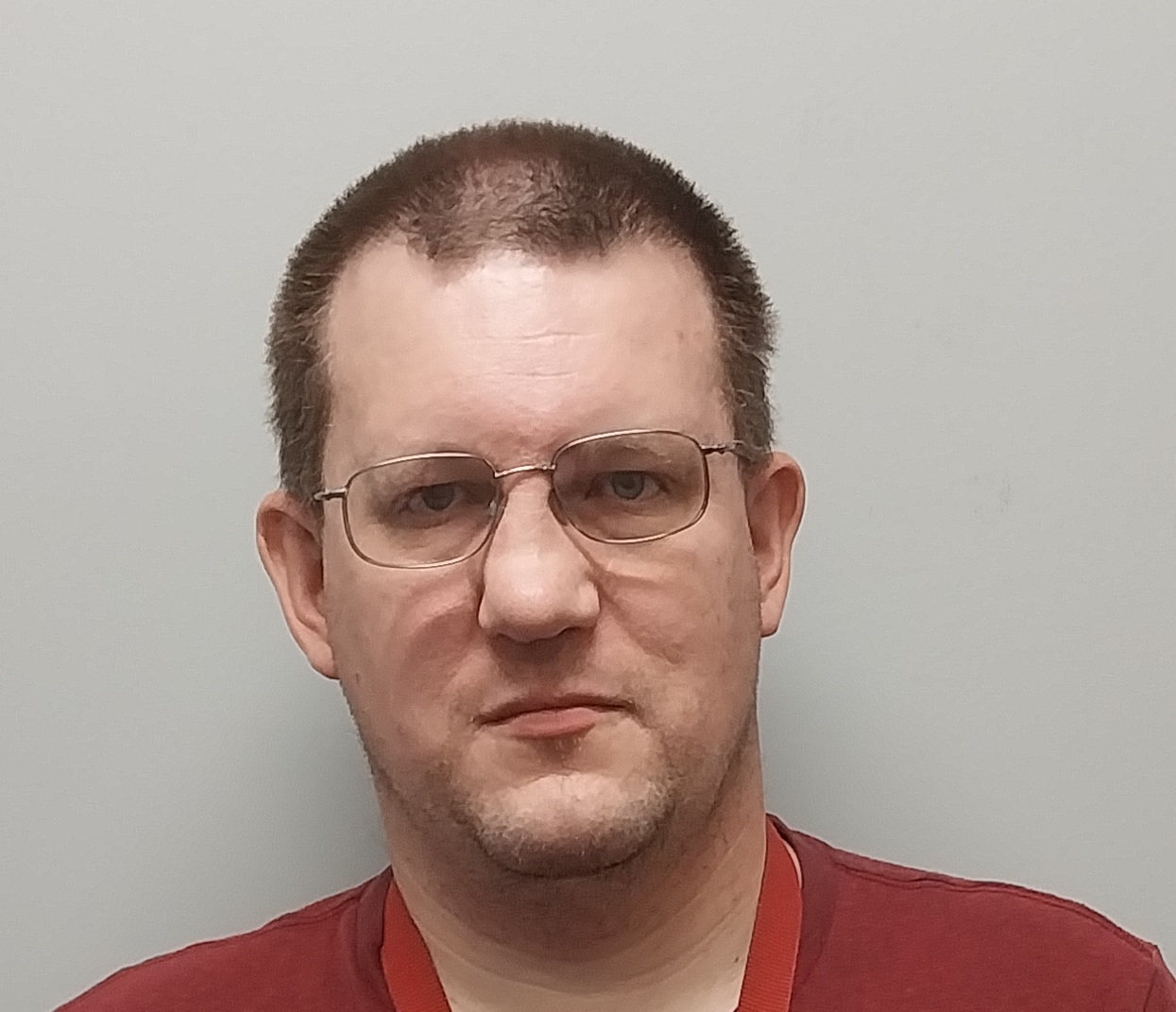
Dr. Ted Burye
Chemical Engineer at US Army Ground Vehicle Systems Center
Presentation: Conductivity Modulation in Sulfur-Tolerant SOFC La0.7Sr0.3V Oxide Anode Catalyst
Dr. Burye attended Michigan State University (MSU) and obtained his Ph. D in Chemical Engineering in 2015. His doctoral research focus at MSU was the characterization of Solid Oxide Fuel Cell (SOFC) cathode catalysts to improve SOFC performance. Dr. Burye has worked for over eight years at the U.S. Army Ground Vehicle Systems Center and is the subject matter expert for testing and characterizing SOFC stacks and stack components.
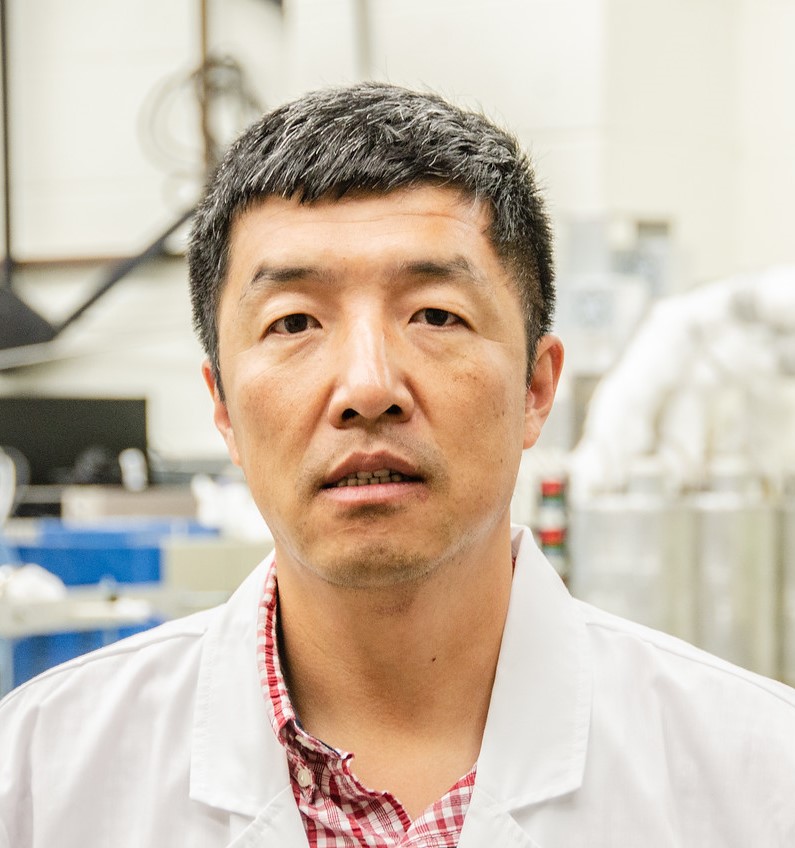
Xingbo Liu, Ph.D.
Associate Dean for Research, Statler Endowed Chair of Engineering
Benjamin M. Statler College of Engineering and Mineral Resources
West Virginia University
Presentation: Proton Conducting Solid Oxide Electrolysis Cells for Green Hydrogen Production
Xingbo Liu received his Ph.D. on Materials Science from University of Science and Technology Beijing in 1999, and he subsequently came to West Virginia University as a postdoc. Currently, he is the Associate Dean of Research and Statler Endowed Chair Professor of Engineering in Statler College of Engineering and Mineral Resources at West Virginia University. Dr, Liu’s has developed an international recognized research program on materials for next generation energy conversion and storage, with the focus on high temperature materials such as solid oxide electrochemical cells & high temperature Ni-Superalloys. Dr. Liu has received numerous awards, including one R&D 100 Award (2011) for his development of SOFC interconnect coating, TMS Early Career Faculty Fellow Award (2010), TMS Brimacombe Medal (2016), State of West Virginia Innovator of the Year (2013), WVU CEMR Researcher of the Year (2015, 2011), Outstanding Researcher Awards (2015, 2011, 2009, 2008), and several others. He is the Fellow of ASM International and American Ceramics Society. In 2023, Dr. Liu received the Hydrogen Production Technology Award from U.S. Department of Energy in recognition of outstanding contributions to developing high-performing, efficient, and durable intermediate-temperature proton conducting solid oxide electrolysis cells.
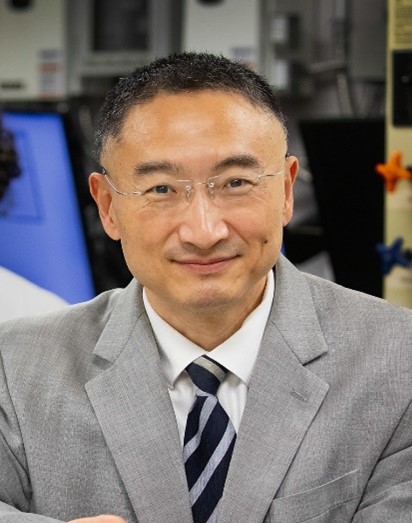
Xiao-Dong Zhou, Ph.D.
Professor, Director, Center for Clean Energy Engineering (C2E2)
Special Advisor to UConn President in Sustainability
The Nicholas E. Madonna Chair in Sustainability
CT Clean Energy Fund Professor in Sustainability
University of Connecticut
Presentation: UConn’s Clean Energy Approaches to Sustainability: Solid Oxide Cell R&D
Professor Xiao-Dong Zhou is the Connecticut Clean Energy Fund professor in Sustainable Energy, The Nicholas E. Madonna Chair in Sustainability, Director of the, Center for Clean Energy Engineering, and a Professor in Chemical and Biomolecular Engineering, Mechanical Engineering, and Materials Science and Engineering at University of Connecticut. He is a special advisor to UConn President Radenka Maric in Sustainability. Dr. Zhou received J. B. Wagner Jr. Young Investigator Award in 2007 from the Electrochemistry Society (ECS) - High Temperature Materials (HTM) Division. He is the recipient of 2011 US DOD – DARPA Young Faculty Award. He is a Fellow of the Electrochemical Society. His research interests span theoretical and experimental studies of materials and interfaces for energy systems, including batteries, fuel cells, and electrolyzers.
Abstract
The University of Connecticut’s Center for Clean Energy Engineering (C2E2) began as the Connecticut Global Fuel Cell Center in 2001, supported by the Connecticut Clean Energy Fund and industry partners. Over time, the center’s mission broadened to include a range of sustainable energy research, education, and industry outreach, evolving into a hub for clean energy engineering. Despite this expansion, fuel cells and hydrogen remain central pillars of its current R&D efforts. In this talk, we will
- Discuss Uonn’s innovations and unique approaches in solid oxide cells (SOFC and SOEC);
- Highlight how these advancements help reduce CO₂ emissions, support green hydrogen pathways, and enable the integration of renewable energy sources; and
- Elaborate on UConn’s interdisciplinary efforts to train the next generation of clean energy professionals and foster collaborations with industry and government.
